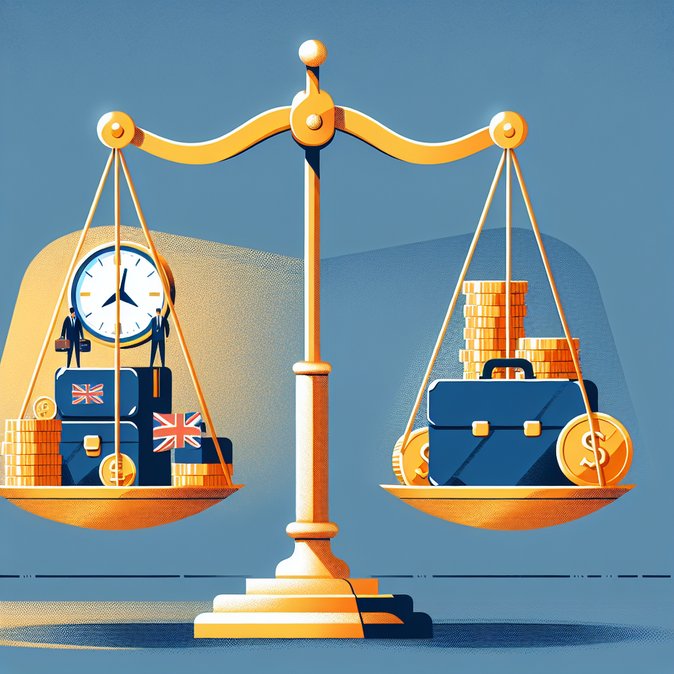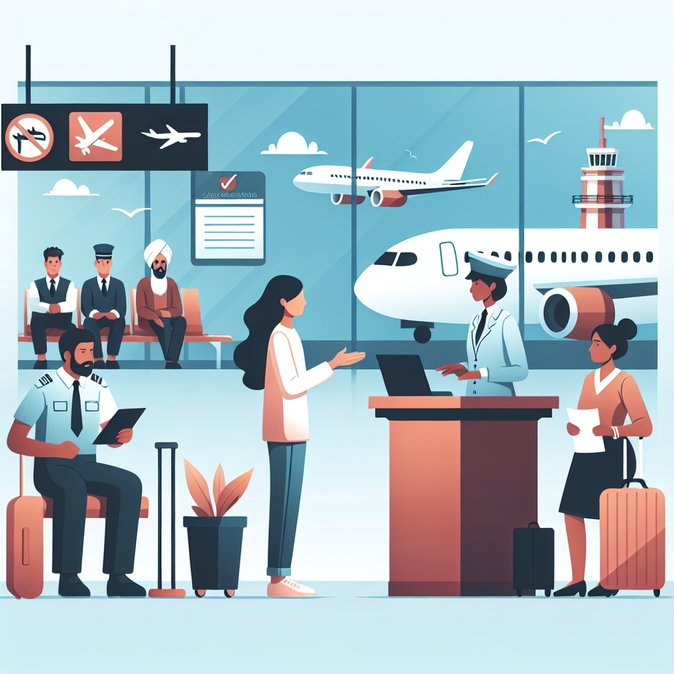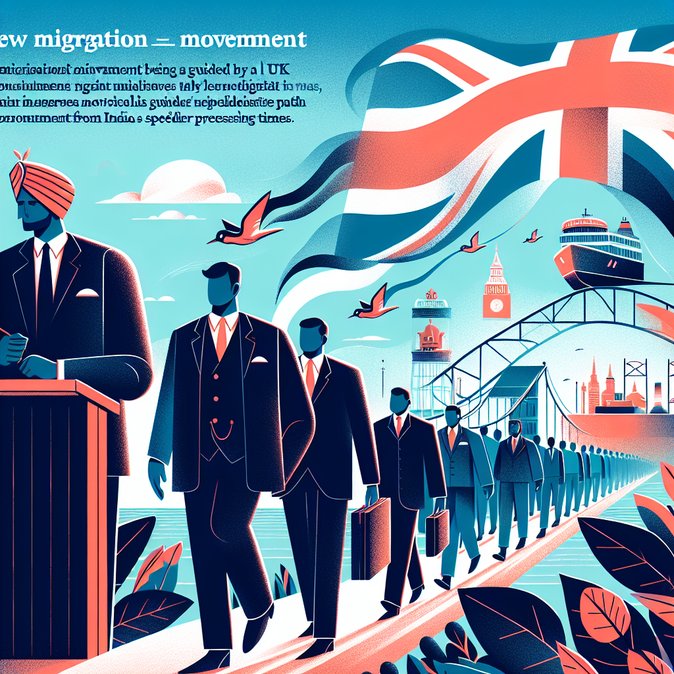
Leading trade bodies—the Business Travel Association (BTA), the Institute of Travel Management and Airlines UK—sent a joint letter to the Chancellor on 24 November 2025 urging the government to freeze or reduce Air Passenger Duty (APD) and related levies in the March Budget. They argue that cumulative increases since 2020 have added more than £40 to an average European return trip and up to £180 on long-haul business-class fares.
According to the BTA’s latest survey of 120 UK multinationals, 61 per cent have trimmed travel budgets this year in response to higher taxation, delaying client-facing visits and overseas project kick-offs. The groups warn that further hikes would undermine the government’s own export-growth ambitions and clash with its ‘Global Britain’ narrative.
![Business-travel industry warns UK Treasury against further Air Passenger Duty rises]()
The Treasury counters that APD is an important ‘polluter-pays’ instrument and notes that rates for ultra-long-haul economy tickets actually fell marginally in April 2025. However, industry advocates point out that corporate demand is concentrated in the higher-yield cabins where rates rose sharply.
If the warning goes unheeded, travel managers may need to revisit 2026 budgets, negotiate carbon-offset packages or shift meetings to virtual formats. SMEs that rely on in-person sales trips could be disproportionately affected, potentially limiting their ability to tap new markets.
The letter also calls for ring-fencing a portion of APD revenues to fund Sustainable Aviation Fuel (SAF) incentives, echoing recommendations from the Jet Zero Council. Observers say this concession could offer the government a compromise path between fiscal prudence and industry concerns.
According to the BTA’s latest survey of 120 UK multinationals, 61 per cent have trimmed travel budgets this year in response to higher taxation, delaying client-facing visits and overseas project kick-offs. The groups warn that further hikes would undermine the government’s own export-growth ambitions and clash with its ‘Global Britain’ narrative.

The Treasury counters that APD is an important ‘polluter-pays’ instrument and notes that rates for ultra-long-haul economy tickets actually fell marginally in April 2025. However, industry advocates point out that corporate demand is concentrated in the higher-yield cabins where rates rose sharply.
If the warning goes unheeded, travel managers may need to revisit 2026 budgets, negotiate carbon-offset packages or shift meetings to virtual formats. SMEs that rely on in-person sales trips could be disproportionately affected, potentially limiting their ability to tap new markets.
The letter also calls for ring-fencing a portion of APD revenues to fund Sustainable Aviation Fuel (SAF) incentives, echoing recommendations from the Jet Zero Council. Observers say this concession could offer the government a compromise path between fiscal prudence and industry concerns.


